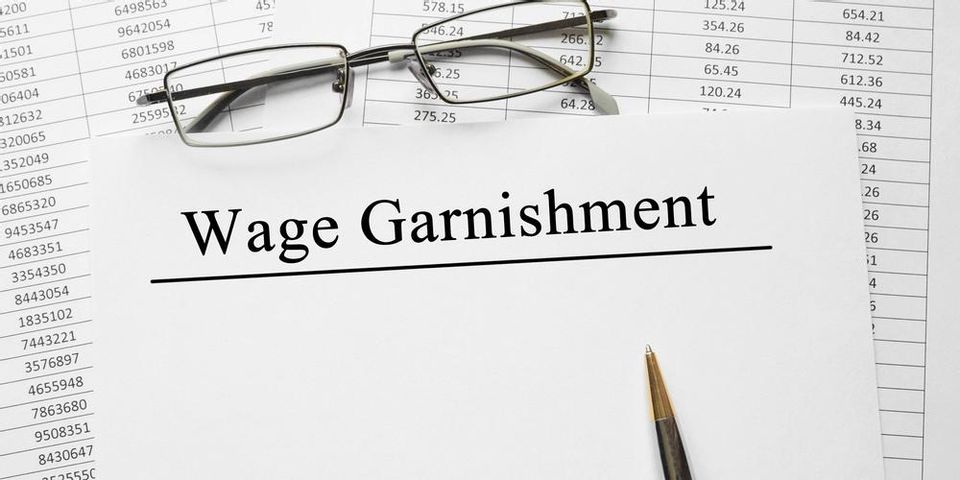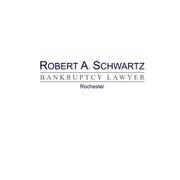
If a creditor obtains a judgment against you, they can take steps to seize a portion of your wages to recover what you owe. When a creditor serves a Wage garnishment your employer is required to withhold and send to that creditor a portion of your pay each pay period until the debt is paid in full. Once a creditor has a judgment, interest accrues at 9% per year and continues to accrue while you wages are garnished. Beyond being upsetting and inconvenient, a wage garnishment will adversely affect your ability to pay your basic living expenses and your credit rating. The wage garnishment gets paid first, but there are limitations. If you can not afford to pay your basic living expenses, you should consult a Bankruptcy Lawyer. A Chapter 7 Bankruptcy will eliminate the debt and immediately stop the garnishment. A Chapter 13 will allow you to pay the same percentage of debt to all your unsecured creditors in an orderly fashion..
Your Rights Regarding Wage Garnishment
Amount Limits
New York law limits wage garnishment to persons whose wages exceed at least 30 times the Federal minimum wage. If your after tax earnings are between 30 times and 40 times the Federal minimum wage, the creditor can receive the lesser of 10% of your gross earnings or the excess over 30 times Federal minimum wage in disposable earnings. If your disposable earnings are more than 40 times the Federal minimum wage, the creditor can receive the lesser of 10% of your gross wages or 25% of your after tax earnings.
Court Orders
Your creditor can’t divert your wages for payment of debts without an official legal judgment.
Notification
Your creditor must provide notice of the service of the wage garnishment to you before it is served on your employer. If you do not start making voluntary payments, it will be served on your employer who will then be obligated to deduct the correct amount from your pay each pay period.
No matter the amount of your debt, you have rights. A lawyer will ensure your creditors and employer follow the law in a case involving wage garnishment. If the garnishment is legally permitted but not affordable, you should seek advise from a Bankruptcy Attorney to see what options are available to you.
Robert A. Schwartz in Rochester, NY, has been providing trustworthy legal advice in bankruptcy and real estate cases to area clients for more than 30 years. If you’re struggling with wage garnishment or considering bankruptcy, he can help you find the best solution. Call (585) 334-4270 or contact the firm online to schedule a consultation. Like them on Facebook for more legal insight from their team.
About the Business
Have a question? Ask the experts!
Send your question

